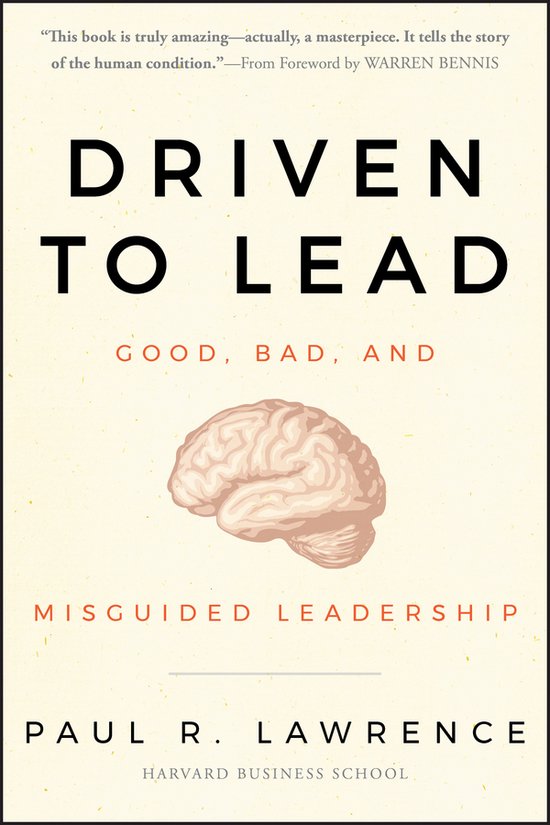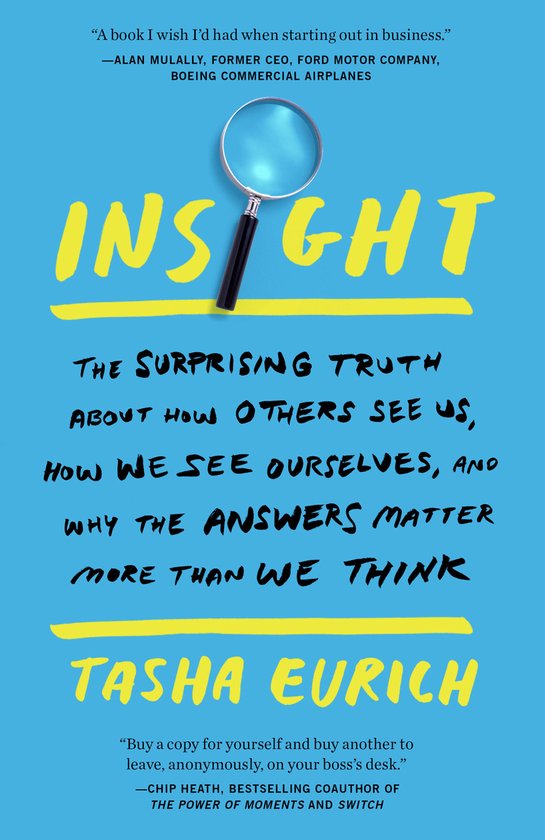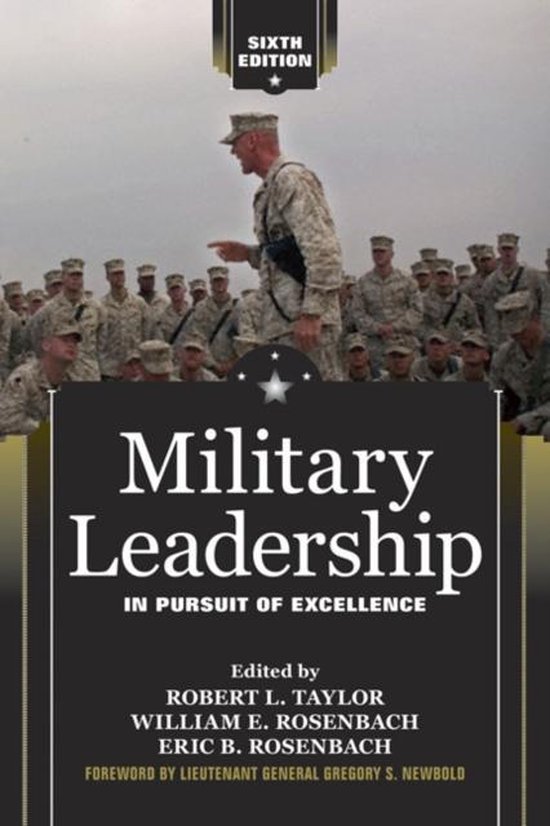
Driven To Lead
"This book is truly amazingactually, a masterpiece. It tells the story of the human condition."
From Foreword by WARREN BENNIS
IN THIS FOLLOW-UP BOOK to the best-selling Driven, Harvard professor Paul Lawrence applies his four-drive theory of human behavior to the realm of leadership, explaining how leadershiplike all human behaviorcan be understood as a function of the balance, or lack of balance, of four basic human drives: the drive to acquire, to defend, to comprehend, and to bond. We achieve an optimal state of leadership when all four drives are cultivated and balanced.
In this next-step resource, Lawrence uses historical examples and current leadership crises to explain how the balance of the four drives results in one of three types of leadership:
- Good leadership: The best leaders, followers, and stakeholders fulfill the four drives in a balanced manner.
- Misguided leadership: These leaders, followers, and stakeholders fulfill one or some of their four drives while ignoring or supp-ressing the others.
- Evil leadership: Defines leaders who are missing the drive to bond and have influence over others and only fulfill their drives to acquire, defend, and comprehend.
Driven to Lead explains the biological underpinnings of leadership behavior and offers a compelling discussion of the history of leadership. It examines the critical turning points in the leadership of political institutions, the rise of the corporation as the leading economic institution, and the leadership of religious, artistic, and scientific organizations.
Based on theories that are universal, testable, and actionable, Driven to Lead brings to light a general theory of human behavior that can be used to cultivate good leadership and leaders who have a balance of the four drives.
"This book is truly amazingactually, a masterpiece. It tells the story of the human condition."
From Foreword by WARREN BENNIS
IN THIS FOLLOW-UP BOOK to the best-selling Driven, Harvard professor Paul Lawrence applies his four-drive theory of human behavior to the realm of leadership, explaining how leadershiplike all human behaviorcan be understood as a function of the balance, or lack of balance, of four basic human drives: the drive to acquire, to defend, to comprehend, and to bond. We achieve an optimal state of leadership when all four drives are cultivated and balanced.
In this next-step resource, Lawrence uses historical examples and current leadership crises to explain how the balance of the four drives results in one of three types of leadership:
- Good leadership: The best leaders, followers, and stakeholders fulfill the four drives in a balanced manner.
- Misguided leadership: These leaders, followers, and stakeholders fulfill one or some of their four drives while ignoring or supp-ressing the others.
- Evil leadership: Defines leaders who are missing the drive to bond and have influence over others and only fulfill their drives to acquire, defend, and comprehend.
Driven to Lead explains the biological underpinnings of leadership behavior and offers a compelling discussion of the history of leadership. It examines the critical turning points in the leadership of political institutions, the rise of the corporation as the leading economic institution, and the leadership of religious, artistic, and scientific organizations.
Based on theories that are universal, testable, and actionable, Driven to Lead brings to light a general theory of human behavior that can be used to cultivate good leadership and leaders who have a balance of the four drives.
| Auteur | | Paul R. Lawrence |
| Taal | | Engels |
| Type | | Hardcover |
| Categorie | | Persoonlijke ontwikkeling & Mindfulness |





